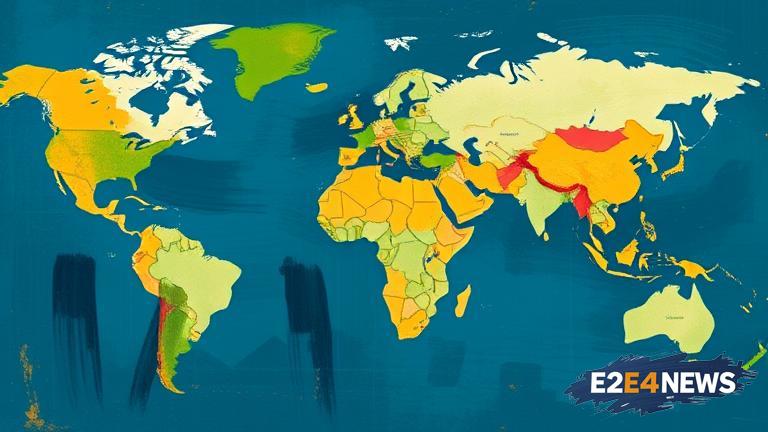The University of Witwatersrand recently hosted a Global Ethics Day Colloquium, which brought together experts from various fields to discuss the vulnerabilities in research. The event, held on October 16, 2024, aimed to raise awareness about the importance of ethics in research and its impact on society. The colloquium featured a range of speakers, including academics, researchers, and industry professionals, who shared their insights and experiences on the topic. One of the key themes that emerged from the discussions was the need for researchers to be aware of their own biases and assumptions, and to take steps to mitigate them. This includes being transparent about their methods and data, as well as being open to criticism and feedback from others. Another important issue that was highlighted was the potential for research to be used for nefarious purposes, such as the development of weapons or the exploitation of vulnerable populations. The colloquium also touched on the importance of ensuring that research is conducted in a way that is respectful and beneficial to all stakeholders, including participants, communities, and the environment. Furthermore, the event emphasized the need for researchers to be mindful of the power dynamics at play in their work, and to take steps to address any imbalances or inequalities that may exist. The colloquium also explored the role of technology in research, including the use of artificial intelligence and big data, and the potential risks and benefits associated with these tools. In addition, the event discussed the importance of interdisciplinary collaboration and the need for researchers to work together across disciplines to address complex problems. The colloquium also highlighted the need for researchers to be aware of the cultural and social context in which they are working, and to take steps to ensure that their research is sensitive to the needs and concerns of diverse populations. Overall, the Global Ethics Day Colloquium at the University of Witwatersrand provided a valuable opportunity for researchers and academics to come together and discuss the importance of ethics in research. The event emphasized the need for researchers to be aware of the potential vulnerabilities in their work, and to take steps to address them. By doing so, researchers can help to ensure that their work is conducted in a way that is respectful, beneficial, and responsible. The colloquium also highlighted the importance of ongoing education and training in research ethics, as well as the need for institutions to provide support and resources for researchers to conduct their work in an ethical manner. In conclusion, the Global Ethics Day Colloquium at the University of Witwatersrand was a timely and important event that shed light on the vulnerabilities in research and emphasized the need for ethical considerations in academic pursuits. The event provided a valuable opportunity for researchers and academics to come together and discuss the importance of ethics in research, and to explore ways in which they can work together to address the challenges and complexities of research in the 21st century. The colloquium also emphasized the need for researchers to be aware of the potential risks and benefits associated with new technologies, and to take steps to ensure that their research is conducted in a way that is transparent, accountable, and respectful of all stakeholders. As the research landscape continues to evolve, it is essential that researchers prioritize ethics and take steps to address the vulnerabilities in their work. By doing so, they can help to ensure that their research is conducted in a way that is responsible, beneficial, and respectful of all stakeholders. The University of Witwatersrand’s Global Ethics Day Colloquium was an important step in this direction, and it is hoped that the event will inspire further discussion and action on the importance of ethics in research. The colloquium also highlighted the need for researchers to be aware of the potential consequences of their work, and to take steps to ensure that their research is conducted in a way that is sensitive to the needs and concerns of diverse populations. This includes being mindful of the potential impact of their research on vulnerable populations, and taking steps to mitigate any negative consequences. In addition, the event emphasized the importance of researchers being transparent about their funding sources and any potential conflicts of interest, and taking steps to ensure that their research is free from bias and influence. The colloquium also touched on the importance of researchers being aware of the cultural and social context in which they are working, and taking steps to ensure that their research is sensitive to the needs and concerns of diverse populations. Overall, the Global Ethics Day Colloquium at the University of Witwatersrand provided a valuable opportunity for researchers and academics to come together and discuss the importance of ethics in research, and to explore ways in which they can work together to address the challenges and complexities of research in the 21st century.





